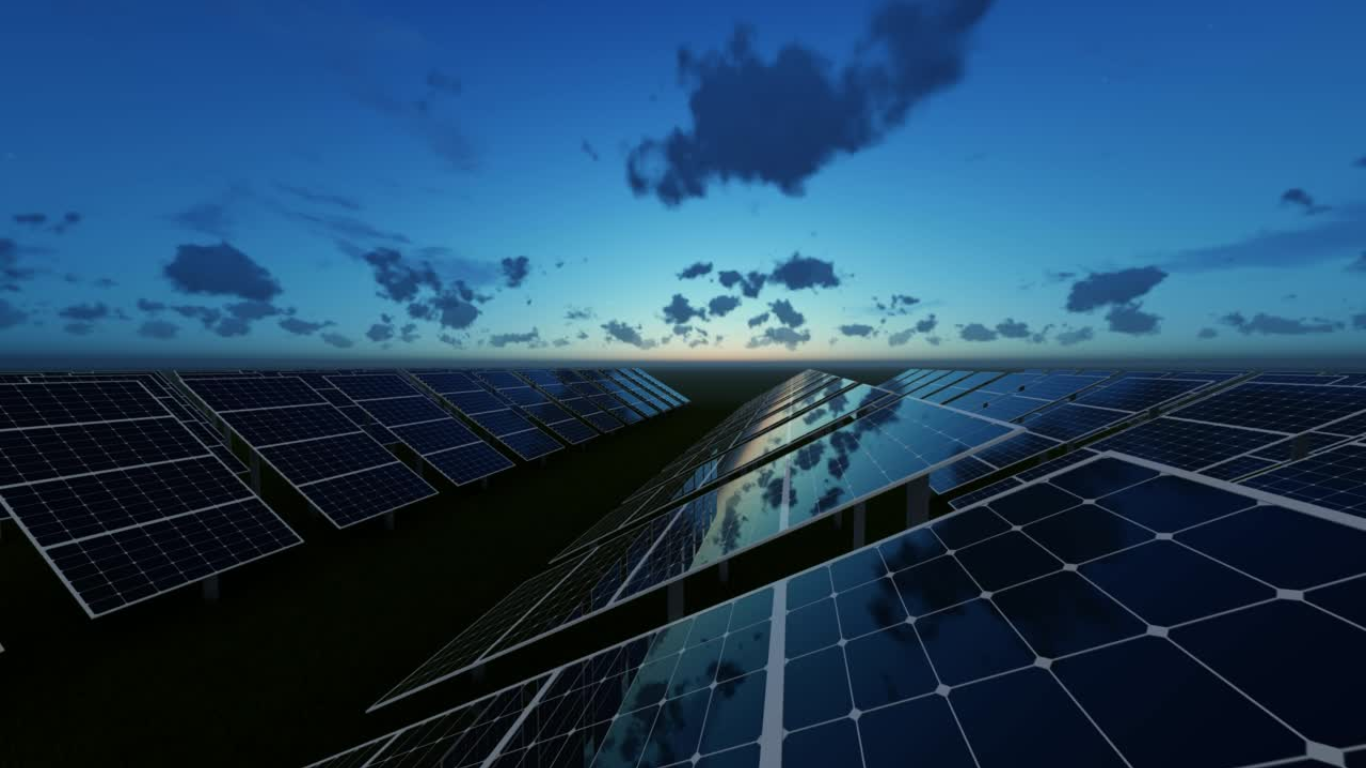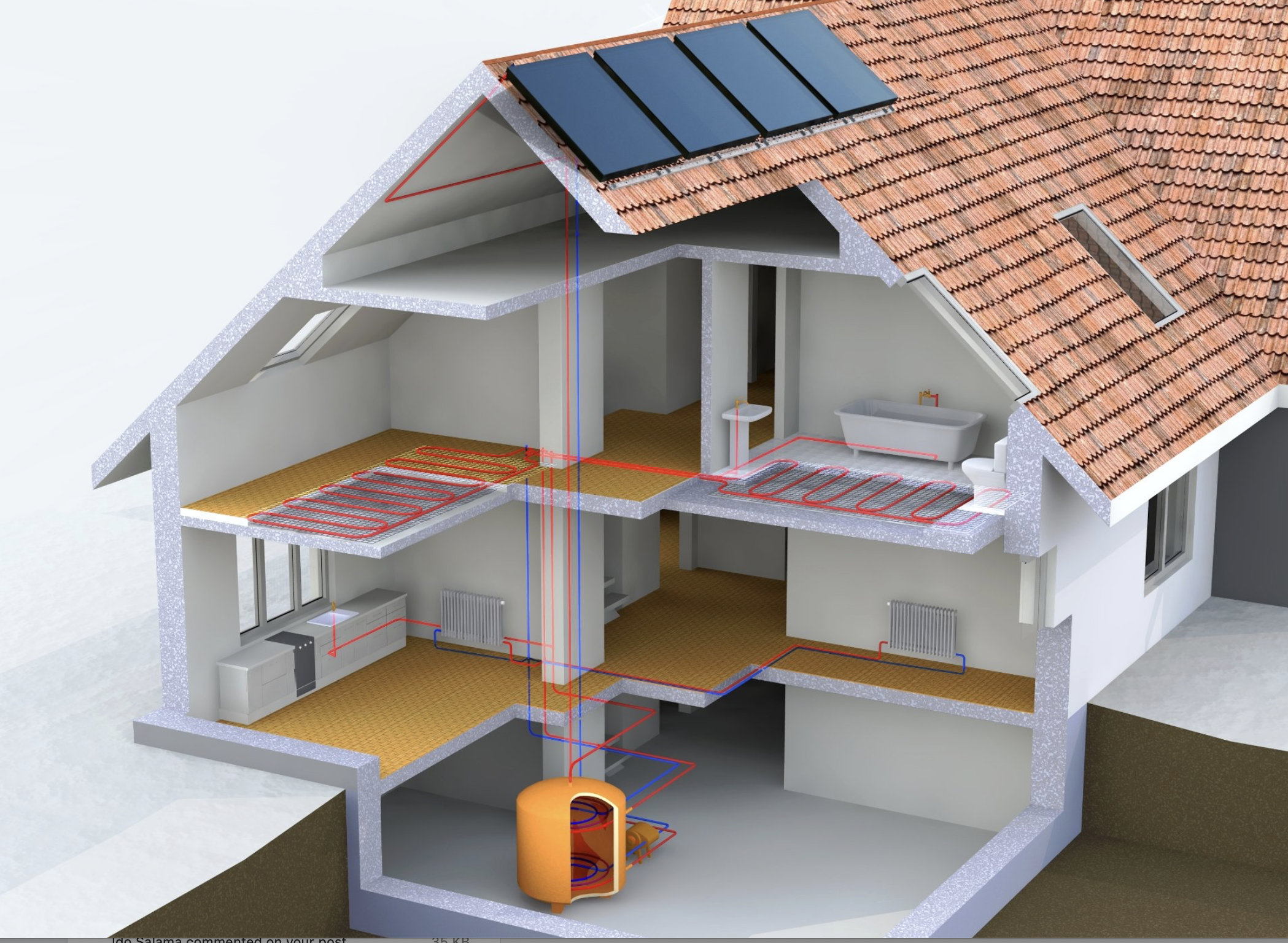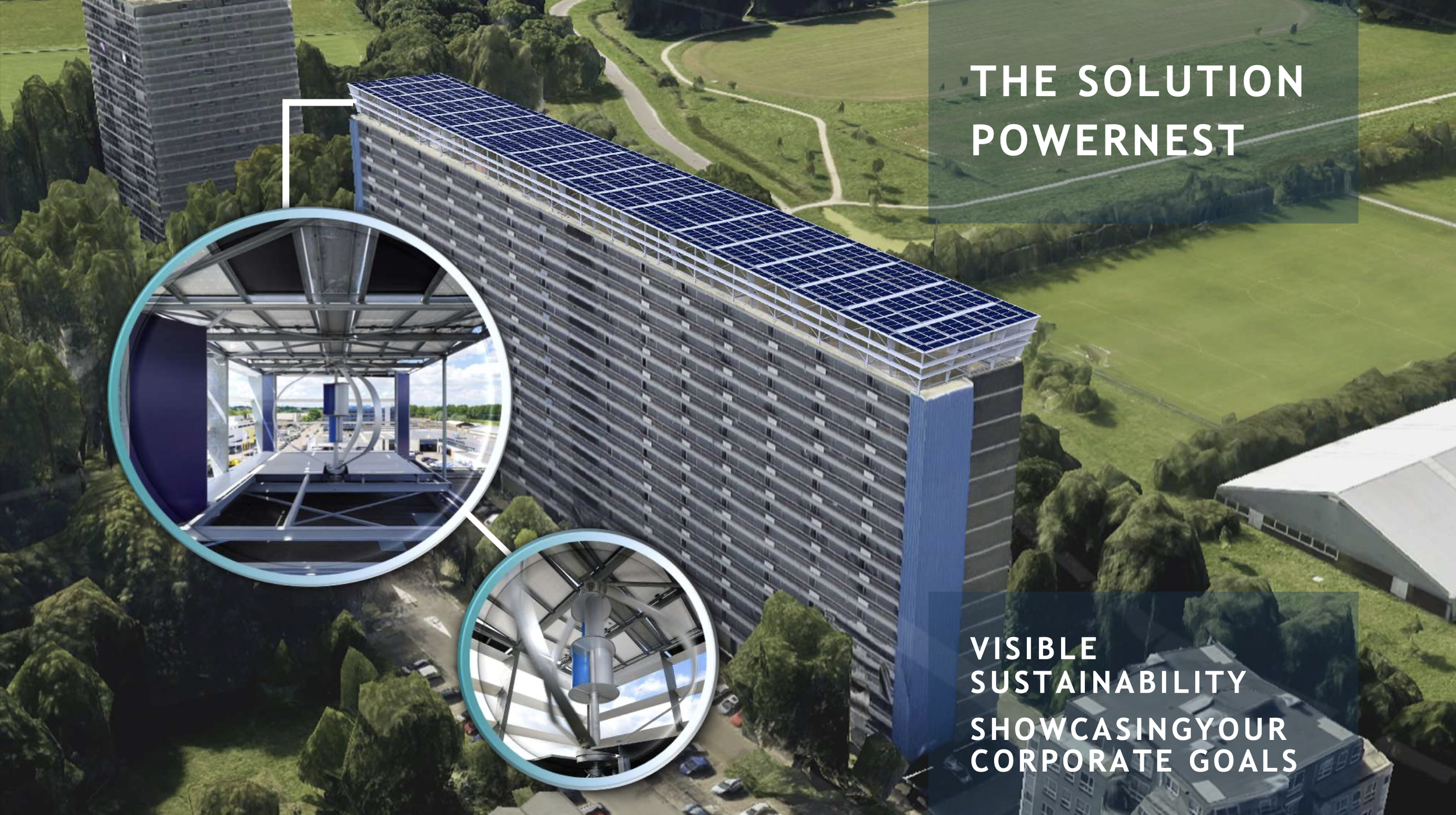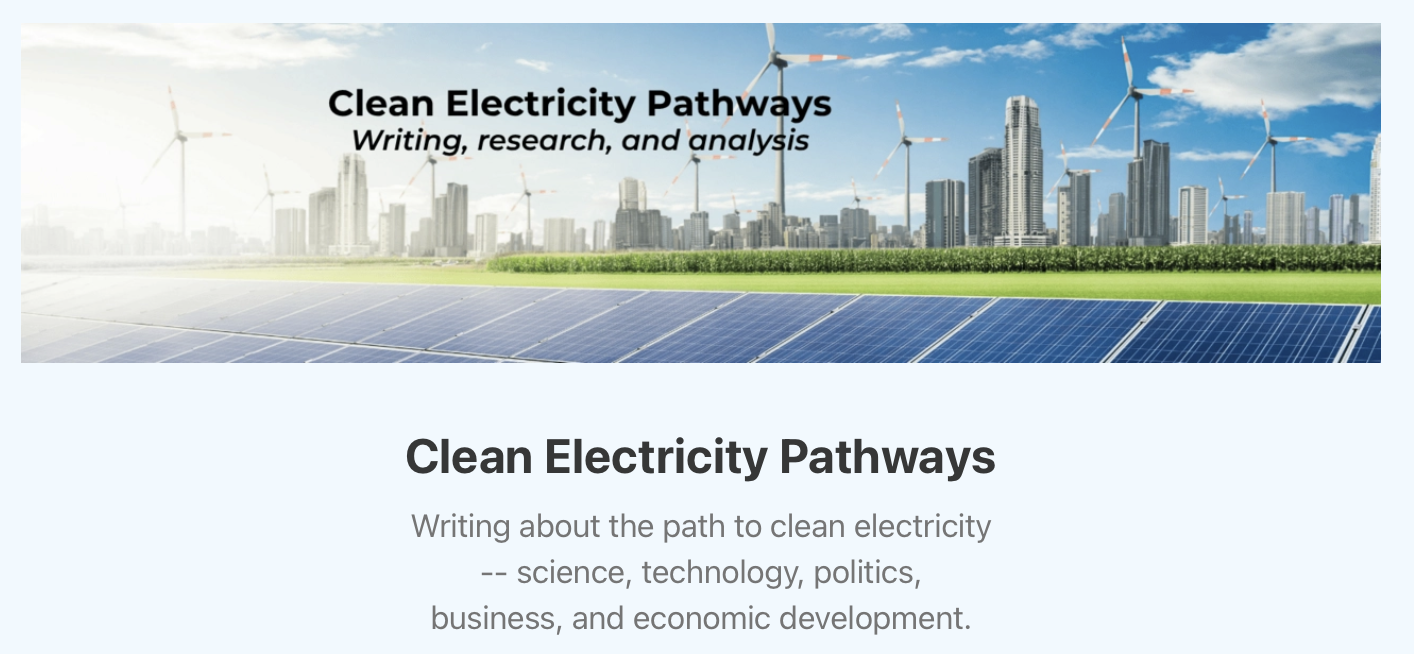
Advocating for clean energy
Advisory Services, White Papers, and Newsletters
Let’s build more carbon-free projects.
Evaluating promising projects for achieving net-zero goals using trending research, innovative ideas, and in-depth analysis.
Advisory Services
-
Providing energy industry guidance to help businesses achieve their decarbonization goals. Jim brings years of experience in solar energy project development and strategic industry analyses to help clients evaluate their investment decisions.
White Papers
-
Providing businesses with compelling arguments for customers to purchase their clean energy solutions. The Executive Briefs are supported by verifiable facts, ensuring the credibility of the information.
Newsletter
-
Clean Electricity Pathways is a Substack publication that examines the challenges of developing a zero-emission electricity system. The research encompasses technology innovations, politics, business strategies, and economic development opportunities.
Sample Client Projects
-

Investment Bank
For an investment fund, I provided ongoing due diligence, analysis, and research of utility-scale solar PV investments. The project portfolio investment sizes have been up to 1,000 MW AC. Connected team to attorneys.
-

Corporate Real Estate
I evaluated solar PV projects, some with battery systems, at various corporate sites across the US. The project sizes ranged from 5 MW to 200 MW. Reviewed contracts and financials.
-

Early-Stage Company
I advised the CEO and Board of Directors of a start-up solar water heating technology company to sell their products in the U.S. The client was located in Belfast, Northern Ireland.
-

EV Chargers
I helped obtain funding and arrange the installation of six EV chargers at Flagship Wharf Condominiums in Boston. Eversource (the electric utility) and the MA DEP provided funds.
-

Netherlands Firms
I met with the CEOs of two cleantech companies, Physee and IBIS Power, to review their plans for entering the US market. I connected them to potential US customers and funders.
-

White Papers
For Tendo Communications, I wrote Executive Boardroom newsletters to help prospective utility customers learn how Sun’s Internet technology can solve critical business problems.
Substack RSS feed
Let’s help meet your business goals.
Interested in advancing clean energy in your business, with your customers, or in your community? Please fill out the information below, and I will be in touch with you shortly.
FAQs
-
Zero-emissions energy sources do not release carbon dioxide (CO2) into the atmosphere through smokestacks or tailpipes. Unlike fossil fuels such as coal, oil, and natural gas, these sources do not contribute to the global warming crisis. Consequently, they do not exacerbate weather extremes such as hurricanes, floods, and wildfires.
-
Solar panels, wind turbines, nuclear energy, geothermal energy, green hydrogen, and hydroelectric power are non-emitting sources that generate clean electricity. These energy technologies have experienced rapid advancements, with their costs becoming more competitive than those of oil and gas supplies, which are vulnerable to foreign conflicts and the influence of OPEC.
-
Yes, electric utilities are increasingly relying on renewable energy sources, such as solar and wind power, to meet customer demands during periods of extreme heatwaves and frigid temperatures. The rapid adoption of low-cost batteries and the integration of interconnected residential solar systems equipped with virtual power plant (VPP) technologies enable the storage of excess power for later use. Furthermore, the inclusion of hydroelectric, geothermal, hydrogen, and small nuclear power plants bolsters the reliability of clean energy solutions.
-
Zero-emissions energy is produced locally, on school and home roofs, municipal landfills, along highways, and in open spaces. Building the infrastructure for clean energy fosters local job creation and economic development. The completed projects contribute to municipal taxes, which support local schools and services. Importantly, generating clean power does not contribute to climate change, acid rain, mercury emissions, or other air pollution.
-
Consumers are important for driving the generation and efficient use of clean electricity. Examples include:
electric vehicles
heat pumps for household air conditioning and heating
heat pump water heaters
smart, programmable thermostats
LED light bulbs
rooftop solar pv
Virtual-Power-Plant-connected homes with rooftop solar PV
home batteries
added ceiling and wall insulation
smart home lighting controls





